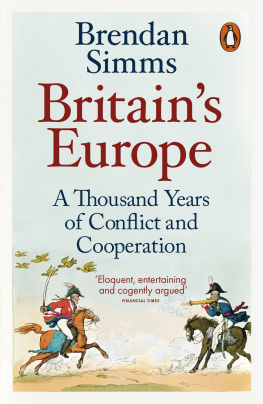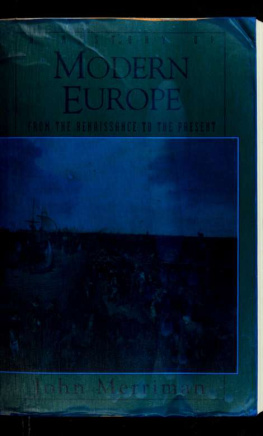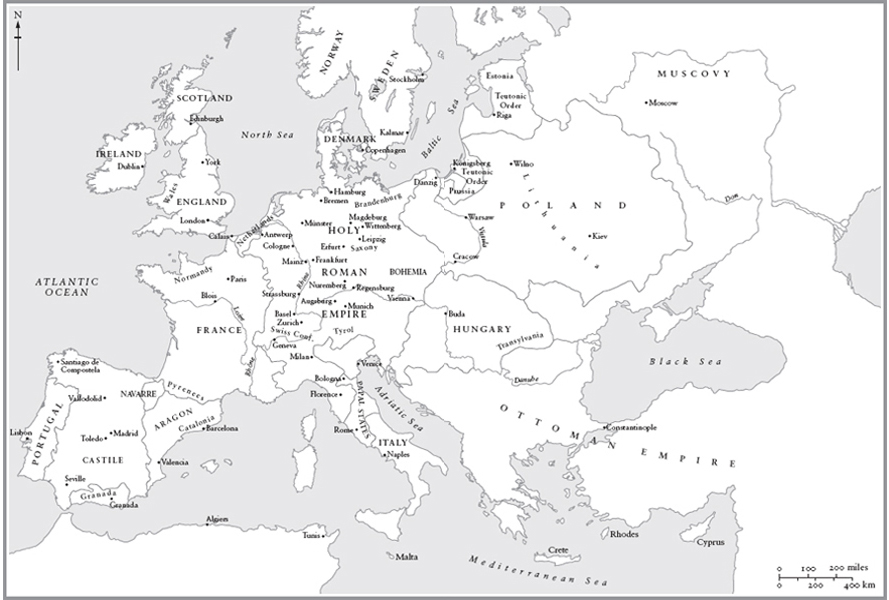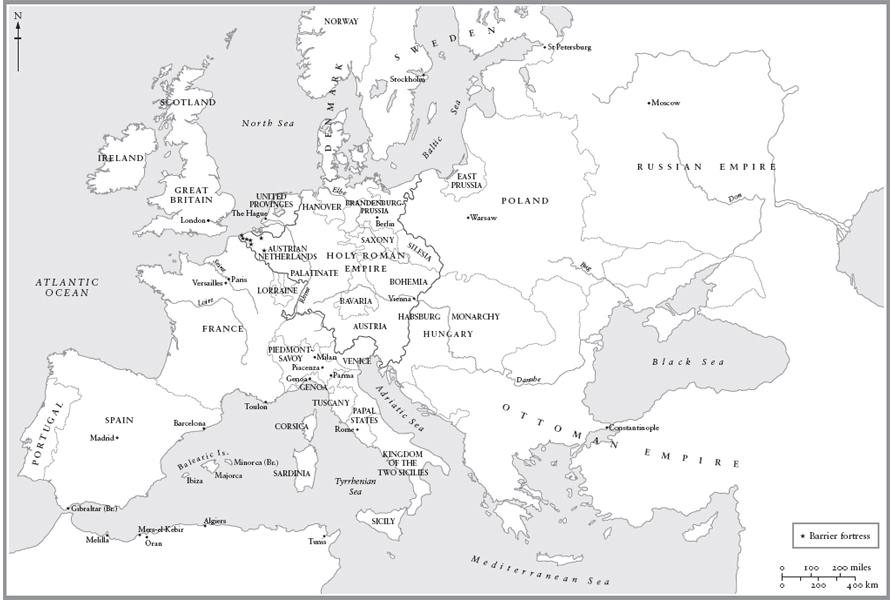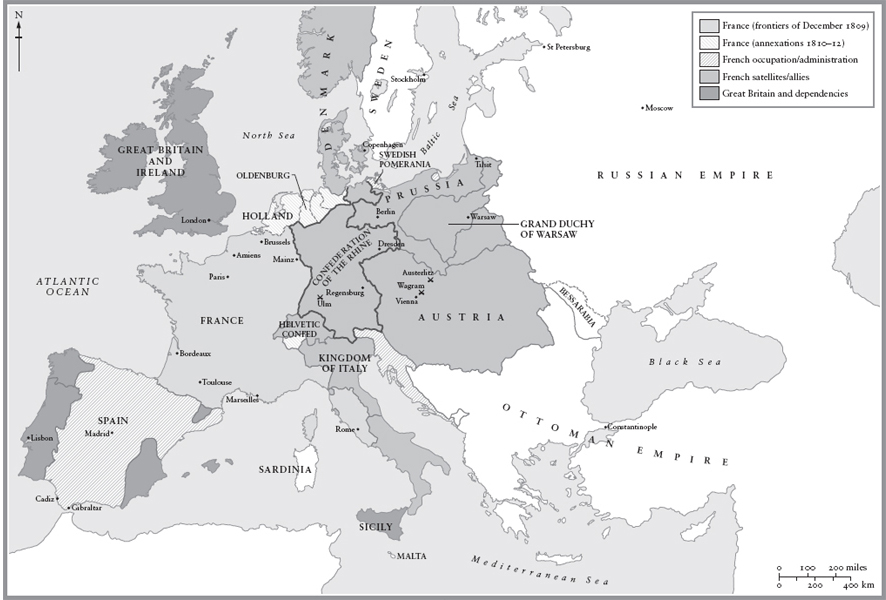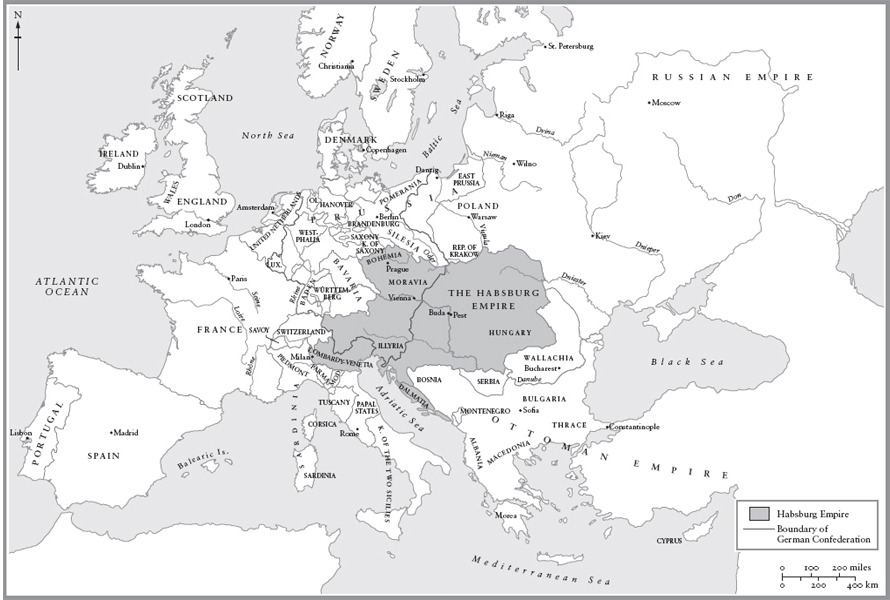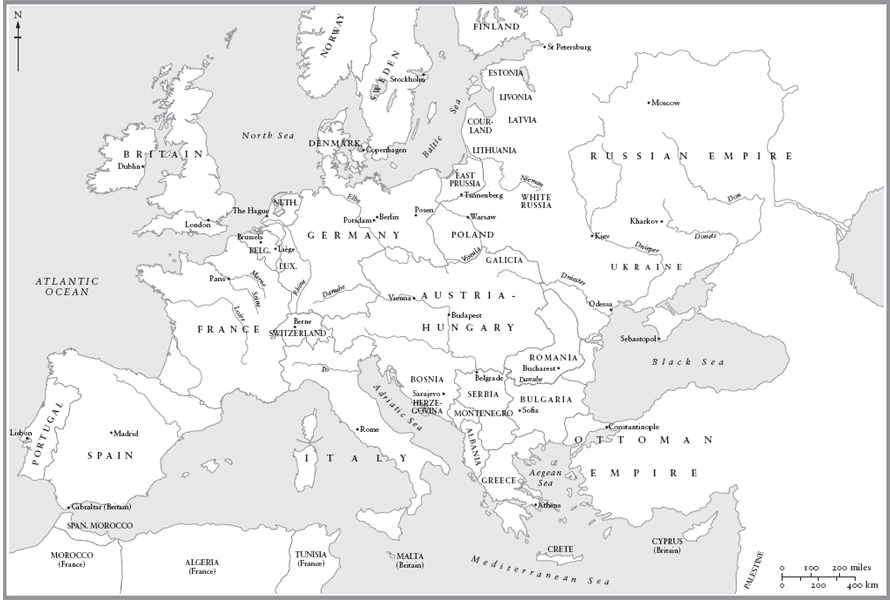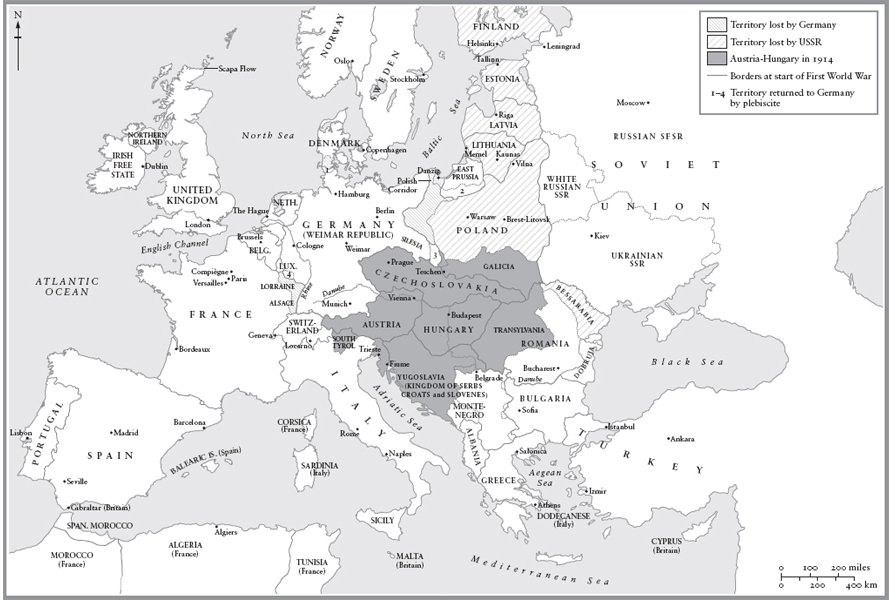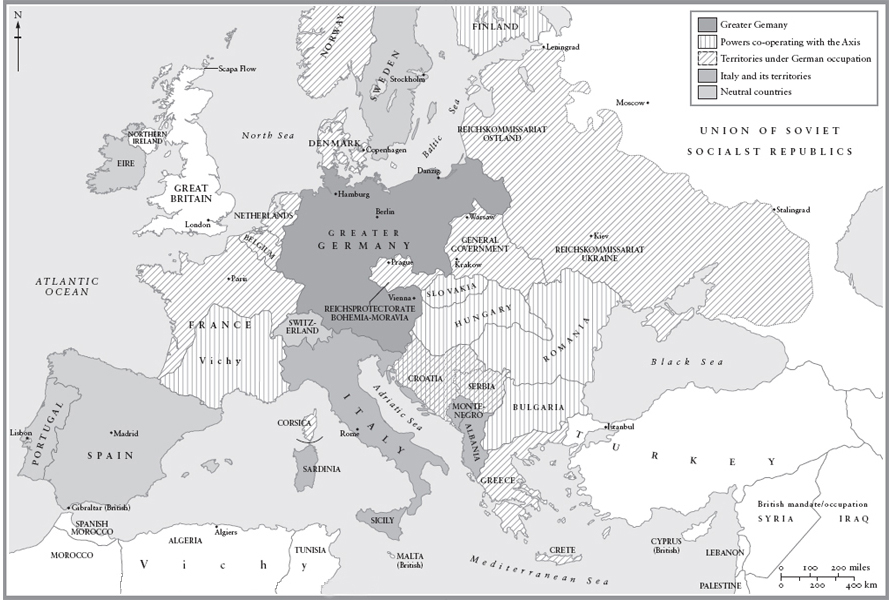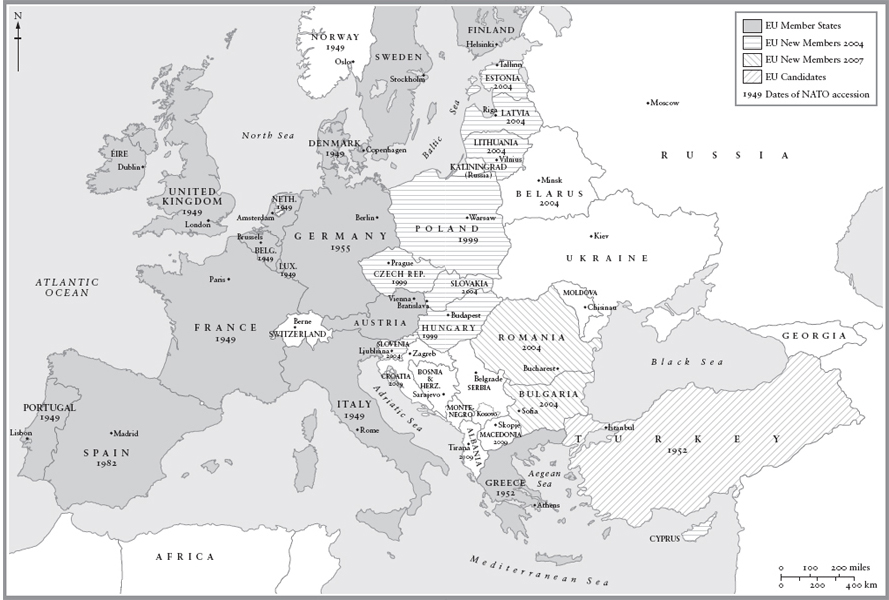Brendan Simms - Europe: The Struggle for Supremacy, from 1453 to the Present
Here you can read online Brendan Simms - Europe: The Struggle for Supremacy, from 1453 to the Present full text of the book (entire story) in english for free. Download pdf and epub, get meaning, cover and reviews about this ebook. year: 2013, publisher: Basic Books, genre: History. Description of the work, (preface) as well as reviews are available. Best literature library LitArk.com created for fans of good reading and offers a wide selection of genres:
Romance novel
Science fiction
Adventure
Detective
Science
History
Home and family
Prose
Art
Politics
Computer
Non-fiction
Religion
Business
Children
Humor
Choose a favorite category and find really read worthwhile books. Enjoy immersion in the world of imagination, feel the emotions of the characters or learn something new for yourself, make an fascinating discovery.

- Book:Europe: The Struggle for Supremacy, from 1453 to the Present
- Author:
- Publisher:Basic Books
- Genre:
- Year:2013
- Rating:4 / 5
- Favourites:Add to favourites
- Your mark:
Europe: The Struggle for Supremacy, from 1453 to the Present: summary, description and annotation
We offer to read an annotation, description, summary or preface (depends on what the author of the book "Europe: The Struggle for Supremacy, from 1453 to the Present" wrote himself). If you haven't found the necessary information about the book — write in the comments, we will try to find it.
In Europe, prizewinning historian Brendan Simms presents an authoritative account of the past half-millennium of European history, demonstrating how the battle for mastery there has shaped the modern world. Beginning in 1453, when the collapse of the Byzantine Empire laid Europe open to Ottoman incursion and prompted the dramatic expansion of the Holy Roman Empire, Simms leads readers through the epic struggle for the heart of Europe. Stretching from the Low Countries through Germany and into the North Italian plain, this relatively compact zone has historically been the richest and most productive on earth. For hundreds of years, its crucial strategic importance stoked a seemingly unending series of conflicts, from the English Civil War to the French Revolution to the appalling world wars of the 20th century. But when Europe is in harmony, Simms shows, the entire world benefitsa lesson that current leaders would do well to remember.
A bold and compelling work by a renowned scholar, Europe integrates religion, politics, military strategy, and international relations to show how historyand Western civilization itselfwas forged in the crucible of Europe.
Brendan Simms: author's other books
Who wrote Europe: The Struggle for Supremacy, from 1453 to the Present? Find out the surname, the name of the author of the book and a list of all author's works by series.



